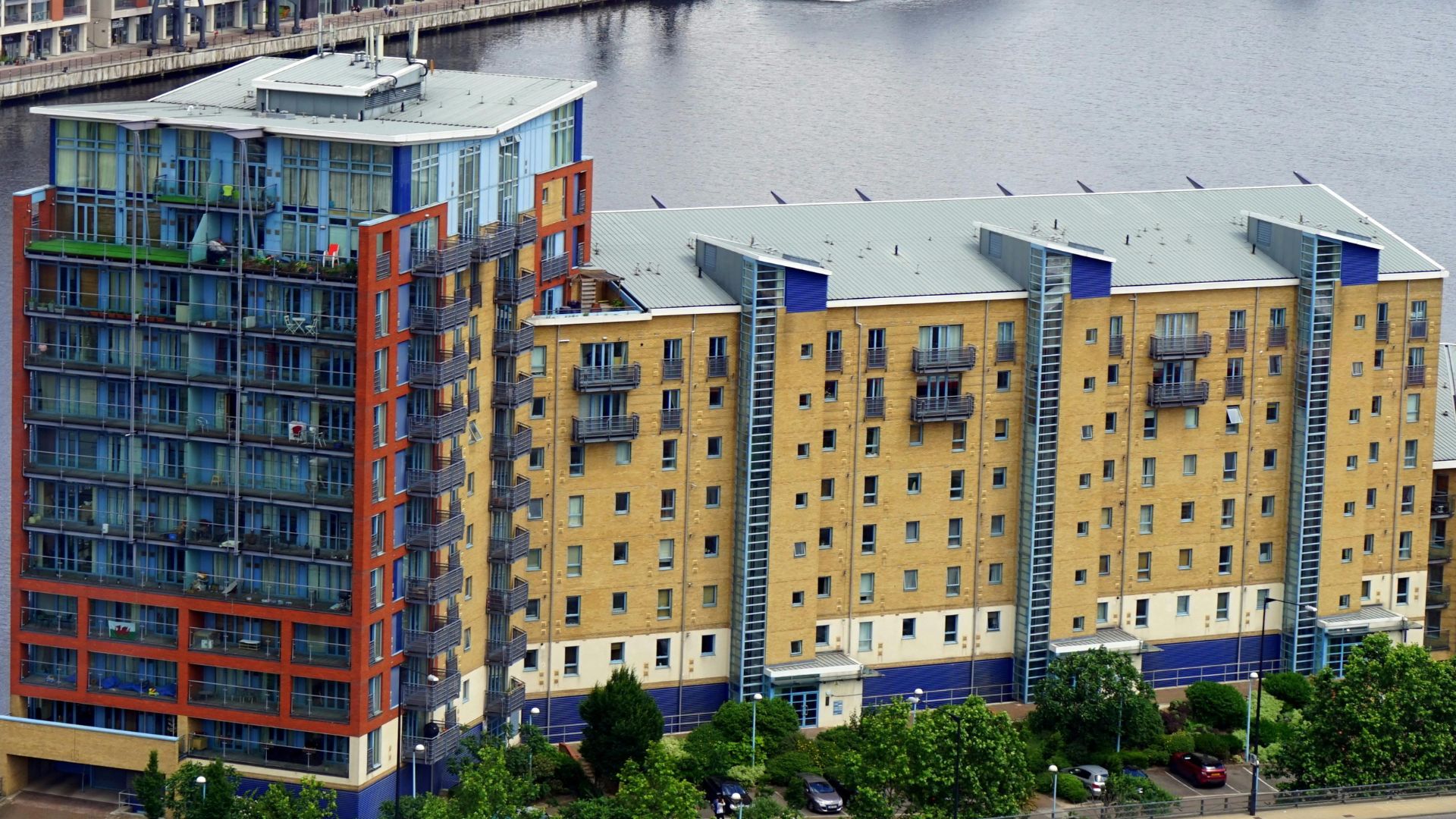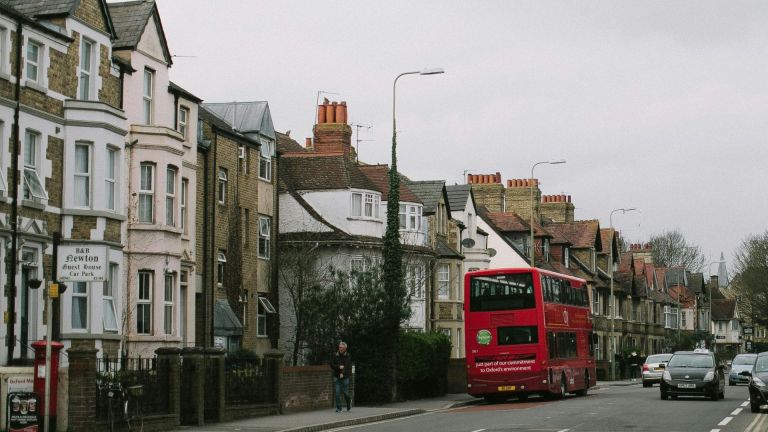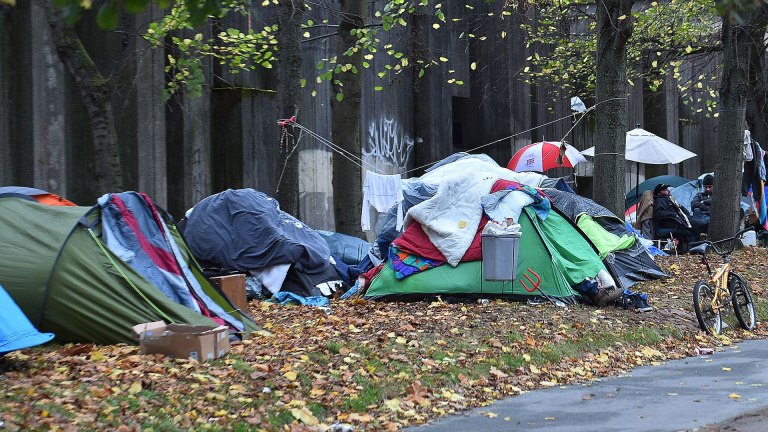Despite these targets, modelling from the Ministry of Housing, Communities and Local Government indicated in November that it will take up until 2035 to complete cladding remediation, which building safety minister Alex Norris described as “unacceptably slow”.
Giles Grover from End Our Cladding Scandal, a group representing leaseholders impacted by unsafe buildings, said at the time that he believes it is an “underestimate” that the issue will be tackled by 2035.
“There are a lot of unknown buildings out there, especially the mid-rise ones, and it’s just the cost of it as well. We’ve always known it’s going to cost a lot more and the government needs to ensure that industry is made to pay,” he said.
Deputy prime minister Angela Rayner claimed the pace of remediation after the Grenfell tragedy has been “far too slow for far too long”, and that the proposals will take “decisive action to right this wrong and make homes safe”.
“More than seven years on from the Grenfell tragedy, thousands of people have been left living in homes across this country with dangerous cladding,” she said.
“Our Remediation Acceleration Plan will ensure those responsible for making buildings safe deliver the change residents need and deserve.”
Keir Starmer added in a statement on Twitter/X: “I promised that we would speed up the process to fix unsafe cladding, and I meant it.
“Today we set out new targets for those responsible to make sure their properties are safe… This government is delivering change.”
Campaigners, however, have stated that the proposals don’t go far enough, and that “we are still far from a comprehensive solution” to the problem.
End Our Cladding Scandal (EOCS) said in a statement: “Labour’s Remediation Acceleration Plan is extremely disappointing. These proposals will only make a horribly complicated process worse with further layers of bureaucracy.”
The group continued: “The government may be patting itself on the back by announcing a target date for all high-rise buildings in government-funded schemes to have been remediated; however, the Building Safety Fund first opened for registrations in June 2020, so a target date of nine years from then is underwhelming.”
EOCS added that the severe penalties promised for landlords who fail to meet targets “will be meaningless without leaseholders and residents knowing for sure when homes will be made fully safe”.
“There is nothing on non-cladding defects, nothing for non-qualifying leaseholders, nothing for innocent leaseholders in buildings under 11m, nothing for shared owners, nothing on extortionate buildings insurance, nothing on the useless waking watch,” the campaigners said.
It added that the cladding scandal is a “failure of successive governments to ensure homes were built safely over decades”, highlighting the “harm that has been caused to ordinary people”.
“After over seven years trapped in this living nightmare, ordinary people need and deserve meaningful change,” EOCS added.
“We are tired of warm words; we are tired of government deflecting to industry or local regulators rather than getting a grip of this crisis. If Labour chooses not to protect all leaseholders and not to recreate the proposals for a Building Works Agency that it put forward in 2021, they must say exactly why they have decided to make innocent victims of this scandal pay for issues we played no part in causing.”
Councillor Heather Kidd, chair of the Local Government Association’s safer and stronger communities board, added that “multi-year funding arrangements are needed” for local governments to be able to address cladding issues as quickly as possible.
“Councils are committed to keeping tenants and residents safe, and are keen to work with Government to drive the pace of remediation,” Kidd said.
“Councils are keen to remediate the buildings they own that have dangerous cladding, but they need access to the necessary funding to do so on the same basis they had to remediate ACM (aluminium composite material) cladding.”
Do you have a story to tell or opinions to share about this? Get in touch and tell us more. This Christmas, you can make a lasting change on a vendor’s life. Buy a magazine from your local vendor in the street every week. If you can’t reach them, buy a Vendor Support Kit.
Big Issue is demanding an end to extreme poverty. Will you ask your MP to join us?









